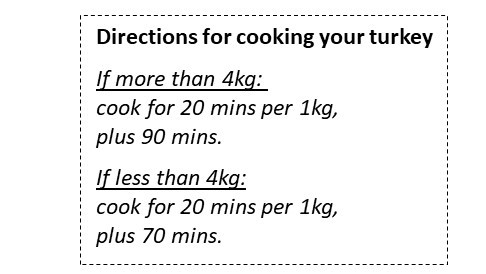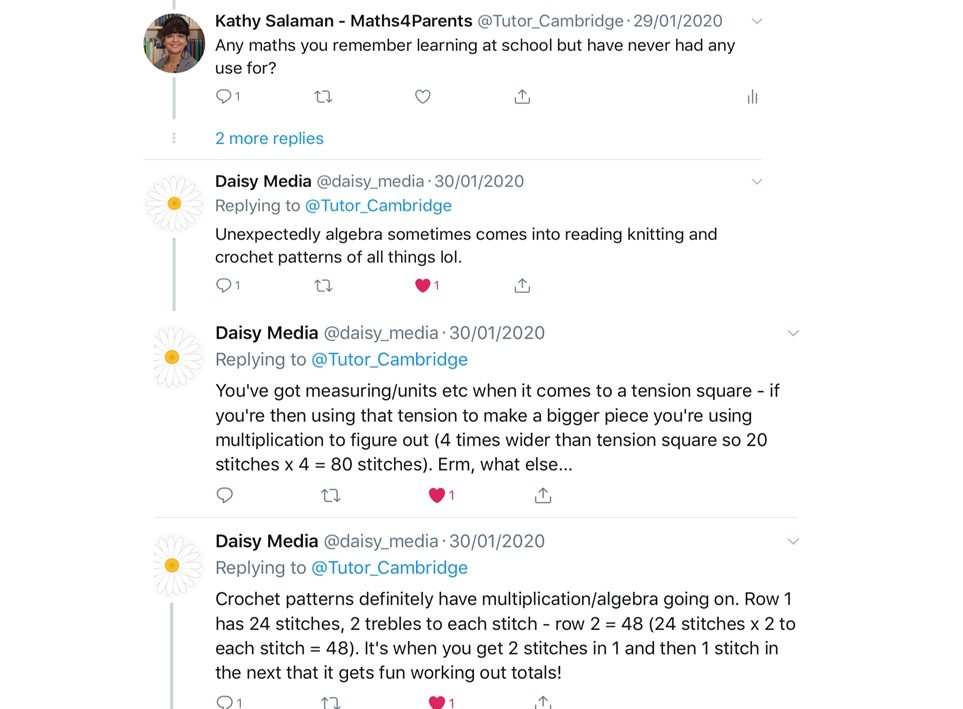(Clue: no there isn’t)

I remember being told in the run-up to the new millennium that there wouldn’t be a leap year in the year 2000 “because new centuries don’t have leap years.”
I didn’t know the reasoning behind this (I wasn’t actually that interested – I was more worried about finishing my dissertation at the time) and I didn’t question this logic when, in February 2000, we did indeed have 29 days in the month.
More recently, I came across some information about how we do skip leap years at specific years, even though it might be four years since the last leap year. When I mentioned this to others, I was slightly relieved to learn that I wasn’t the only person to have been unaware of this fact.
It’s actually very interesting – so, I have created a couple of videos and there’s a link to the free playlist here.
The first video explains what leap years are, why we have them and how they work. The second explains why we sometimes need to ‘skip’ a leap year and how to work out exactly which years will be leap years. (Some relevant maths challenges have been included.)
Far more interesting than being told that we women can now propose marriage if we wish!




